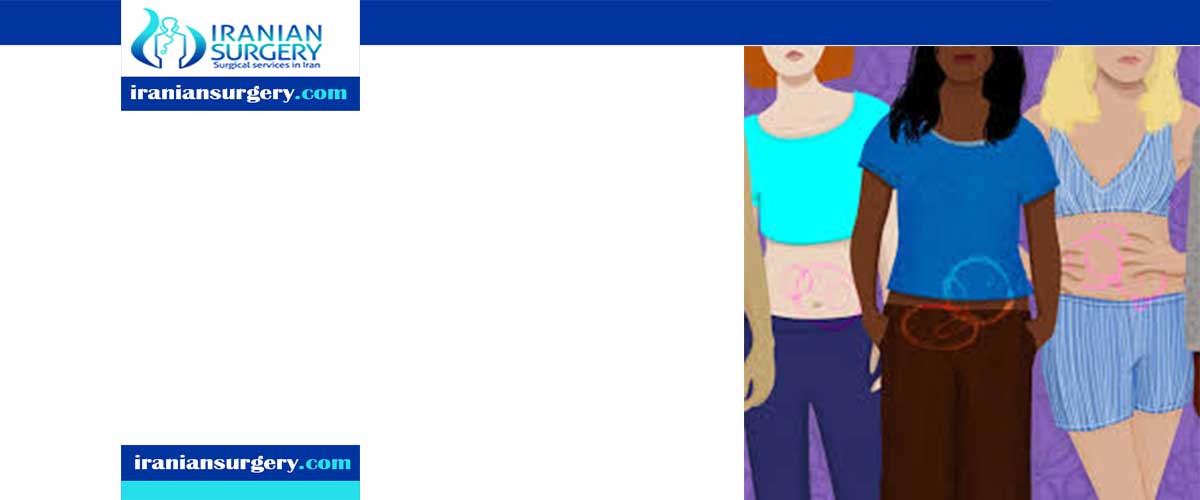egg donation risks
There are several risks and side effects that may be associated with providing donor eggs:
- Blood drawing - mild discomfort and some risk of developing a bruise at the needle site.
- Fertility Drugs - moderate weight gain, mood changes, stomach pressure, headaches, allergic reaction, Ovarian Hyper-Stimulation Syndrome (OHSS) of the ovaries (5% chance in any cycle). In very rare cases, hyperstimulation could lead to enlarged ovaries and an increased susceptibility to develop blood clots necessitating hospitalization. In very rare cases it may also lead to the development of fluid in the abdomen or lungs, kidney failure, or stroke. In extremely rare cases, an enlarged hyperstimulated ovary will rupture. This may necessitate general anesthesia and major surgery, with all the inherited risks. Loss of one or both ovaries is possible. The risk of hyperstimulation is minimized if the follicles are aspirated as is planned to occur at the donor egg retrieval. The risk increases if, after taking the fertility medications to stimulate the ovaries, you choose not to undergo the egg retrieval. There also exists an unlikely possibility of a lasting effect on your pelvic organs, including pain, irregular menstrual function, or impairment of future fertility. Finally, an association between fertility drugs and ovarian cancer has been suggested but not proven.
- Antibiotics - possible allergic reaction which, in rare cases, may be severe.
- Ultrasound guided egg retrieval - mild to moderate discomfort after the procedure. Potentially serious complications include bleeding, infection, and injury to the bowel or blood vessels. In extremely rare circumstances, surgery may be necessary to repair damage to internal organs or to control significant internal bleeding (i.e., hemorrhage). Anesthesia will be necessary for the egg retrieval. (The risks associated with anesthesia will be explained during a consultation with an anesthesiologist.) There may be additional risks of donating eggs, which at the present time have not yet been identified. Since it is theoretically possible that not all of the developed eggs will be recovered at the time of retrieval, there is a risk that you may become pregnant if you engage in unprotected intercourse during the egg donation cycle(s).
- Torsion - twisting of an enlarged ovary resulting in sudden onset of severe abdominal pain. Onset during exercise or other agitating movement is common.
- Psychological Distress - sometimes associated with assisted reproductive technology procedures.
- Inconvenience - monitoring procedures during the period of stimulation, and the time needed to perform the egg retrieval itself will result in a certain amount of inconvenience and lost time.
- Potential Long Term Risks - no definitive studies have demonstrated any link between egg donation and infertility, cancer, or any other significant long-term health problems. Since egg donation is a relatively new procedure, we hope to learn more about the long-term effects of donor eggs in the future when additional research becomes available.
10 common questions about egg donation risks
1Is it dangerous to be an egg donor?
Yes, egg donation is safe.
In fact, there are a few studies that debunk popular egg donation misconceptions, including long-term risks attached to fertility drugs. A collection of studies of over 180,000 women found no evidence of increased risk for ovarian cancer with fertility drug treatment
2Can being an egg donor make you infertile?
There are no studies proving positive correlation between egg donation and infertility. The process egg donors go through is identical to the process that infertile women undergo when they attempt IVF, or freeze their own eggs for future use
3What will disqualify you from donating eggs?
An inheritable genetic condition will disqualify you from reputable egg donor programs. Contraception – Women using Depo-Provera injections or contraceptive implants will not be able to donate their eggs
4Can donating eggs cause cancer?
Studies of IVF in infertile women have produced conflicting results: Some have found no increase in cancer, while others reported an increased risk of uterine and ovarian cancer. The meaning of this finding is unclear, because infertility itself is a risk factor for some malignancies.
5Can you die from egg donation?
Egg donation can be fatal.
OHSS, or Ovarian Hyperstimulation Syndrome, is where too many hormones during the egg retrieval process can make a patient sick with abdominal pain, nausea, vomiting, diarrhea, bloating, or even death.
6Do egg donors face long term risks?
No one knows the long-term risks to egg donors — if, in fact, there are any. Anecdotally, some women — Fonseca among them — said they experienced an array of health problems after donations, including ovarian cysts and endometriosis, a painful inflammatory disease that can cause infertility.
7Can you still get pregnant after egg donation?
You can get pregnant during the egg donation process, so we ask that you abstain from intercourse during the process. Your ovaries will become enlarged during the egg donation process. ... After approximately one month, your ovaries will return to their normal size
8Is Egg Donation Ethical?
Egg donation raises questions regarding all four of the basic principles of medical ethics: autonomy, justice, beneficence, and non-maleficence. ... Because of the current shortage of qualified egg donors, infertility treatments are subject to distributive injustice
9What is the age limit to donate eggs?
The ideal age for an egg donor is between the ages of 21 and 30. However, many egg donor agencies will not accept a new donor into their pool over the age of 29, since it can sometimes take up to a few months to get chosen by an intended parent
10What is the age limit for selling your eggs?
How old do you have to be to donate eggs? Our egg donor age limit is between 21 and 28. We accept egg donors at 21 to protect your reproductive health
[kkstarratings]



